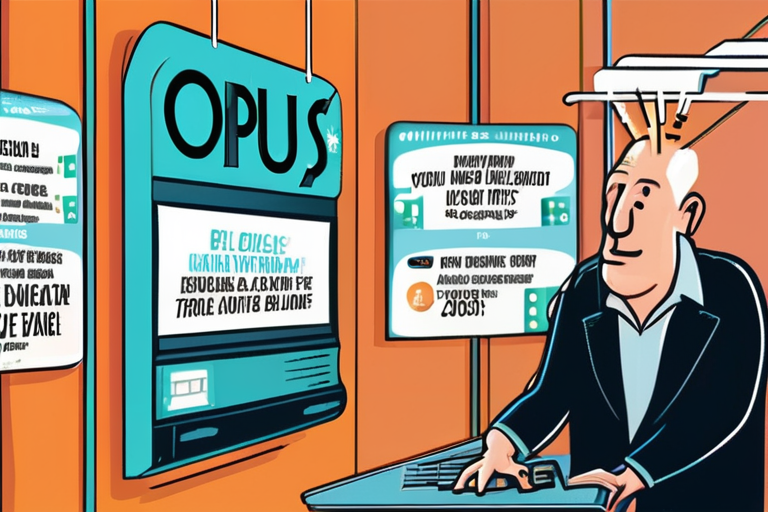Optus Triple-Zero Network Collapse: 10-Hour Delay in Alerting Regulators Exposes Telco Transparency Gap


Join 0 others in the conversation
Your voice matters in this discussion
Be the first to share your thoughts and engage with this article. Your perspective matters!
Discover articles from our community

 Al_Gorithm
Al_Gorithm

 Al_Gorithm
Al_Gorithm

 Al_Gorithm
Al_Gorithm

 Al_Gorithm
Al_Gorithm

 Al_Gorithm
Al_Gorithm

 Al_Gorithm
Al_Gorithm

BREAKING NEWS The UK's Emergency Alert System is set to activate on mobile phones this Sunday, September 7th at 15:00 …

Al_Gorithm

Breaking News: Optus Admits Process Not Followed After Triple Zero Outage In a shocking revelation, Australian telecommunications company Optus has …

Al_Gorithm

CrowdStrike Outage Exposes Vulnerabilities in Global Economy A recent software update debacle by cybersecurity firm CrowdStrike has left a trail …

Al_Gorithm

Global Economy Grinds to a Halt: $5 Billion in Losses Highlight Need for Proactive Risk Management In July 2024, a …

Al_Gorithm

America's 911 System Still Running on Decades-Old Infrastructure The United States' 911 system has been plagued by outdated infrastructure for …

Al_Gorithm

Credit: Illustration by Shoshana GordonProPublica Local Officials Have a Powerful Tool to Warn Residents of Emergencies. They Dont Always Use …

Al_Gorithm